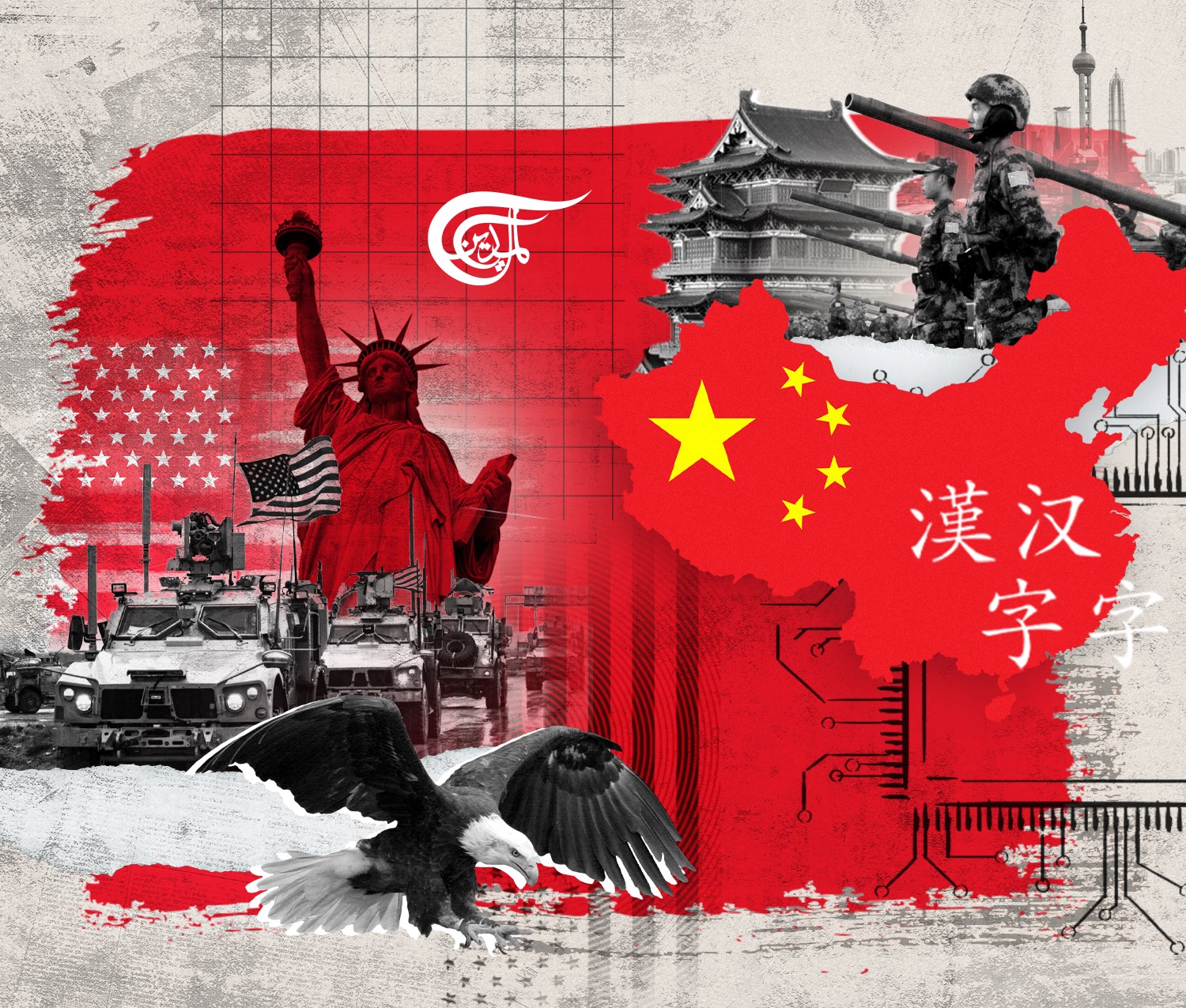Can Washington be trusted to cooperate with China?
The insights came at a time when tense diplomatic provocations from the US have held its foreign policy credibility hostage, weakening the case for credible engagement.
China’s new top diplomat Wang Yi recently warned that China will fight back against “all forms of hegemony” and challenged Washington’s conception of ties as some ideological rivalry of systems. The insights came at a time when tense diplomatic provocations from the US have held its foreign policy credibility hostage, weakening the case for credible engagement.
There is plenty to suggest that Chinese wisdom on course correction is lost on Washington. For one, there is no meaningful desire from the US to avoid mistakes that it made “during the Cold War.” Even with a cursory look at the billions in tech containment funding against China, Washington’s cold-war antagonism and defense threats suggest that the US is willing to overlook positive interdependencies with China to damage its own interests. This effectively reveals the frivolous and counterproductive logic of curbing China in the name of cooperation. It also demonstrates that patience is wearing thin for a future where zero-sum containment against China is pursued in tandem with cooperation rhetoric.
Key indications include a December exchange between the then-Chinese Foreign Minister Wang Yi and US Secretary of State Antony Blinken. The message from Beijing was for the US to address underlying contradictions in its approach to dialogue and cooperation with Beijing. “The United States must pay attention to China's legitimate concerns, stop containing and suppressing China's development, especially not constantly challenge China's red line in a salami-slicing way,” said Wang.
It is logically untenable at present to push for credible dialogue when zero-sum containment is pursued in tandem. Given Washington’s limited room to maneuver between the two, the Biden administration has to prove that it has the teeth to work toward a “new outlook” in relations. This outlook is one where contradictory policy positions toward China are constructively addressed to break new ground. Failures to address those divisions can only make a fundamental fact clear: that the US is unprepared to manage China ties responsibly and has nothing to show for a landmark strategic consensus reached between Chinese President Xi and Biden in November.
Implementing agreements reached by their top leaders requires concrete measures from Washington to help manage a consequential bilateral relationship. That means delivering on the merits of coexisting with China’s peaceful development and putting “irrational suppression” tendencies toward Beijing in the rearview.
China hawks have been warned: there is no meaningful execution of the US-China November consensus without practical policy and concrete actions on display from Washington. In fact, hawks in the US risk inviting headwinds if the goal is to “talk cooperation” with China while attempting to test Beijing’s stated red lines, chiefly on the Taiwan question.
Therefore, the stated risks of “mutual attrition and head-on collision” between two big powers are real and costly. The credibility of Washington’s China policy will suffer in the presence of a zero-sum mindset toward Beijing. In turn, that could reflect poorly on US commitments to developing and nurturing bilateral guiding principles with China.
It is worth noting that if the intent is to resolve serious issues, then established mechanisms such as US-China joint working groups are ready to be prioritized. In a welcome sign, this was part of Wang’s concrete recommendation to Blinken in December, alongside efforts to “advance dialogues at various levels” in an orderly manner across diverse fields. But irrational suppression of China must not be conflated with reasonable competition, as such a rationale fails to advance progress on much-needed guardrails.
Since the Xi-Biden consensus in Bali, the costs of an uncontrolled US-China relationship have also dawned on US policymakers. The Wang-Blinken exchange appeared to recognize the potential to converge on some of the guiding principles for bilateral relations and better meet the expectations of the international community on shared challenges. It shows in the need to firmly comply with the direction set by their heads of state without exception and to focus policy attention on the “well-being of their people.” Fundamental to both is a departure from cosmetic US engagement with Beijing, given that Washington can’t just tout cooperation and “stab China simultaneously.”
Taking a view of the future, such unresolved dichotomies may also make it difficult for key US pledges to come across as assuring. That includes Washington’s position to not seek a new Cold War with China, to avoid revitalizing its alliances against Beijing, and to demonstrate respect for China’s system.
Without a doubt, maintaining open lines of communication is a diplomatic necessity, but progress and management of differences require much more than just platitudes.
The manner in which Washington uses these mechanisms to resolve differences will have an outsized say in tangible progress, and so far, the intent and determination are hollow. As for Beijing, it is ready to welcome practical policies that reflect an enduring consensus on all fronts. But diplomacy requires both sides to meet each other halfway, and Washington cannot afford to look to China to do its own homework.

 Hannan Hussain
Hannan Hussain
 5 Min Read
5 Min Read












